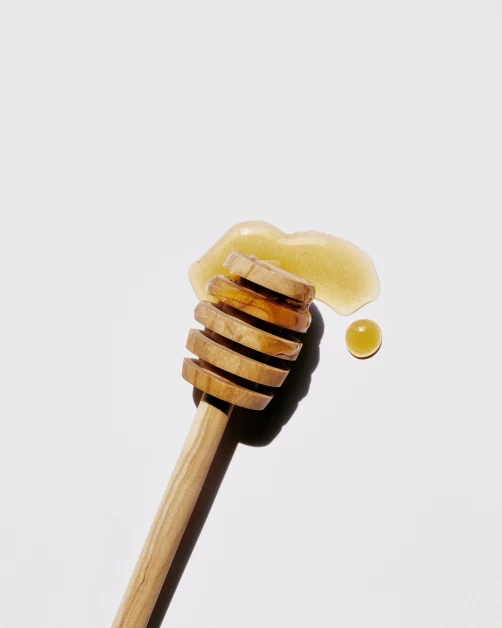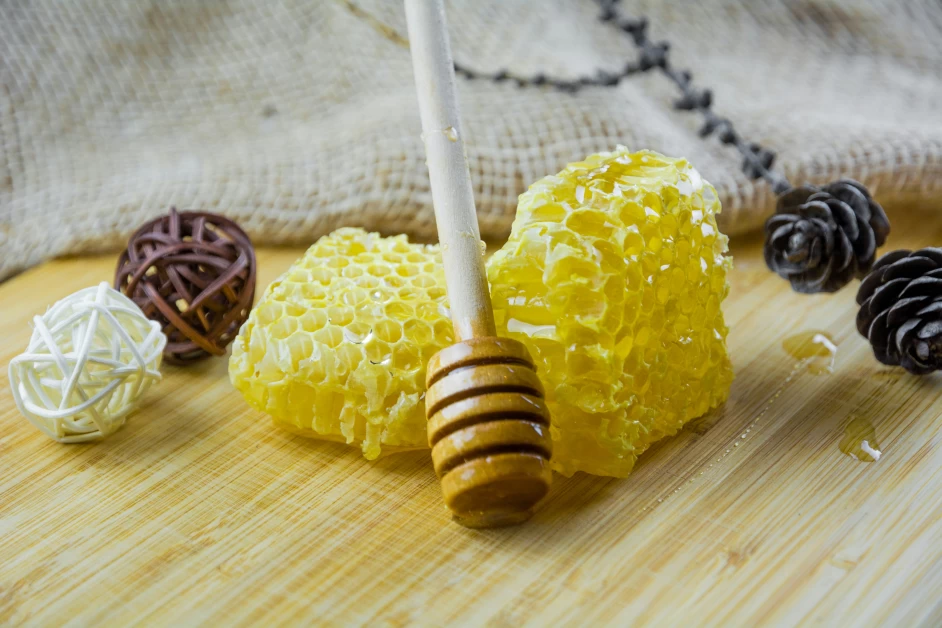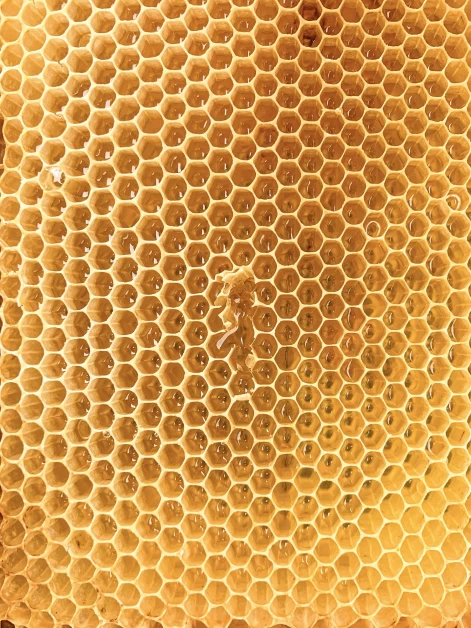Table of Contents
Introduction
When it comes to honey, there is a wide variety of flavors, textures, and grades to choose from. From being the perfect topping for toast to a sweetener for teas and a foundation for beloved dishes like honey-walnut shrimp and honey-garlic chicken, honey is a versatile ingredient that can enhance the flavor of many dishes. However, not all honey is created equal, as the quality depends on the care and attention put into its production.
In order to gain some expert insight into the world of honey, I reached out to chef and beekeeper Joseph Leonardi, owner of All Things Honey and More. Joseph harvests honey from his own combs at Leonardi Apiary and Garden in Plainville, Massachusetts. According to Joseph, store-bought honey is typically not raw honey. It is usually processed and can be mixed with honey from different parts of the country, resulting in a loss of the natural benefits of honey.
Honey is not only delicious, but it also boasts numerous health benefits. It can act as a cough suppressant, is rich in antioxidants, and may even help to ward off cardiovascular disease and neurological disorders. With so many options available, I decided to rank the best Manuka honey brands that can be readily found on Amazon Fresh. These brands offer high-quality honey that is easily accessible to everyone.
Aunt Sue’s
I’m not sure who Aunt Sue is, but she certainly knows how to make a decent honey. Although it is slightly thinner than my preference, Aunt Sue’s honey is sweet and syrupy, making it a great option for baking without overpowering other flavors. While it may not be the most complex honey on the list, it serves as a reliable backup or replacement for sugar.
Gunter’s
Gunter’s honey reminds me of the honey served at chain breakfast places like Cracker Barrel or Waffle House. It is a classic, run-of-the-mill honey that doesn’t have any particularly special qualities. However, what sets it apart is its purity and sourcing from a small town in Virginia. If you’re looking for a straightforward honey that gets the job done, Gunter’s is a solid choice.
Gefen
Gefen honey surprised me in a good way. It has a natural taste and offers a good balance of sweetness. However, its thickness and difficulty to pour out of the bottle were a bit of a drawback. Additionally, it added a slight bitterness to my tea that I couldn’t quite explain. Nevertheless, Gefen honey is a decent option for those looking for a straightforward honey without too many nuances.
billybee
Despite the adorable bee logo, I must remain impartial in my assessment of billybee honey. It is a good honey with a lighter consistency. In fact, it is found in many Starbucks locations around the world. While it may not have any distinct characteristics, its faint clover flavor makes it a great supporting actor in any recipe.
365 Whole Foods Market
It’s no surprise that Whole Foods’ 365 brand offers one of the most popular honeys on the market. Known for its vast array of health-minded options, Whole Foods delivers with its honey selection. What surprised me the most about 365 honey was its consistency. It is smooth, velvety, and dense, making it easy to eat directly from the spoon. This honey is a definite winner and a great alternative to the traditional spoonful of sugar.
Happy Belly
Kudos to the bee colonies responsible for creating Amazon’s signature honey, Happy Belly. It possesses all the traits of an all-natural honey, with subtle crystallization and a slight tingle in the back of your throat. This tingle is caused by the pollen present in the honey and could potentially help build immunity to seasonal allergies. Happy Belly honey is rich and delicious, with a wonderful depth of clover and wildflower flavors. While it may be too floral for some, I was thoroughly impressed that such a high-quality honey could be found on Amazon.
Nature Nate’s Honey Co.
Nature Nate’s honey was the undisputed queen bee of this taste test. Its unfiltered taste had the most well-balanced consistency, flavor, and sweetness out of all the contenders on the list. This honey is so good that you’ll want to buy it in bulk. I found myself putting it on everything for a week after opening it. Nature Nate’s honey is simply irresistible and will surely become a staple in your pantry.
Conclusion
When it comes to honey, the quality and taste can vary greatly. While there are countless honey brands available, I have narrowed down the best Manuka honey brands that can be readily found on Amazon Fresh. These brands offer high-quality honey that is both delicious and packed with health benefits.
Whether you choose Aunt Sue’s for baking, Gunter’s for a classic honey experience, Gefen for a natural taste, billybee for a lighter option, 365 Whole Foods Market for a smooth and velvety consistency, Happy Belly for a floral and rich flavor, or Nature Nate’s Honey Co. for the ultimate honey experience, you can’t go wrong with any of these top-quality brands.
So, pull up a chair, grab a spoon, and indulge in the golden and viscous goodness of these best Manuka honey brands. Your taste buds and your health will thank you.









